Dill And Parsley: The Perfect Companion Planting
Title: Dill and Parsley: The Perfect Companion Planting
Introduction:
Dill and parsley are two of the most popular herbs in the garden. They are both easy to grow, and they have a number of benefits. Dill is a great insect repellent, and it can help to improve the flavor of other vegetables. Parsley is a good source of vitamins and minerals, and it can help to improve the health of the soil.
In this blog post, we will discuss the benefits of companion planting dill and parsley. We will also provide some tips on how to plant and care for these herbs together.
Main Content:
Benefits of Companion Planting Dill and Parsley
There are a number of benefits to companion planting dill and parsley. Here are some of the most important:
- Improved flavor: Dill and parsley can help to improve the flavor of other vegetables. Dill is especially good at enhancing the flavor of cucumbers, carrots, and potatoes. Parsley can add a fresh, herbaceous flavor to a variety of dishes.
- Insect repellent: Dill is a natural insect repellent. It can help to deter pests such as aphids, cabbage moths, and carrot flies. Parsley is also a good insect repellent, but it is not as effective as dill.
- Improved soil health: Dill and parsley can help to improve the health of the soil. They both add nitrogen to the soil, which can help to improve the growth of other plants. Parsley can also help to break up compacted soil.
Tips for Planting and Caring for Dill and Parsley
Dill and parsley are both easy to grow. They can be planted from seed or from transplants. When planting from seed, sow the seeds in a well-drained soil about 1/2 inch deep. When planting transplants, space them about 12 inches apart.
Dill and parsley prefer full sun, but they can tolerate some shade. They need regular watering, but they should not be overwatered. Dill will bolt (flower and go to seed) quickly, so it is best to harvest it young. Parsley can be harvested throughout the growing season.
Conclusion
Dill and parsley are two great herbs to plant together. They have a number of benefits, and they are both easy to grow. If you are looking for a way to improve the flavor, health, and pest control in your garden, consider planting dill and parsley together.
Dill and parsley are two popular herbs that can be grown together in the garden. They have many benefits when companion planted, including:
- Attracting beneficial insects. Both dill and parsley attract beneficial insects, such as ladybugs and hoverflies. These insects help to control pests, such as aphids and cabbage worms.
- Repelling pests. Dill's strong scent can help to repel pests, such as carrot flies and cabbage moths.
- Improving soil quality. Dill and parsley both help to improve soil quality by aerating the soil and adding nutrients.
If you are interested in learning more about dill and parsley companion planting, please visit Home Gardening.
FAQ of dill and parsley companion planting
Q: Can I plant dill and parsley together?
A: No, dill and parsley are not good companions because they are both in the same family (Apiaceae) and can cross-pollinate, resulting in odd flavors in both plants. Additionally, dill can attract pests that can damage parsley.
Q: What are some good companion plants for dill?
A: Some good companion plants for dill include:
- Asparagus: Dill's strong scent deters asparagus beetles and other pests.
- Carrots: Dill can help to deter carrot flies.
- Cucumbers: Dill can help to deter cucumber beetles.
- Lettuce: Dill can help to deter aphids.
- Marigolds: Marigolds are a natural insect repellent and can help to deter a variety of pests.
- Nasturtiums: Nasturtiums attract beneficial insects that help to control pests.
- Onions: Dill and onions can help to repel each other's pests.
- Potatoes: Dill can help to deter potato beetles.
Q: What are some plants that I should avoid planting near dill?
A: In addition to parsley, you should avoid planting dill near:
- Celery: Dill and celery are closely related and can cross-pollinate, resulting in odd flavors in both plants.
- Fennel: Fennel and dill have similar scents and can compete for resources.
- Kale: Kale can attract the same pests as dill.
- Spinach: Spinach can attract the same pests as dill.
Q: What are the benefits of companion planting dill?
A: Companion planting dill can offer a number of benefits, including:
- Disease and pest control: Dill can help to repel a variety of pests, including aphids, carrot flies, cucumber beetles, and potato beetles.
- Attracting beneficial insects: Dill attracts beneficial insects, such as ladybugs and hoverflies, which help to control pests.
- Improving soil quality: Dill's roots help to aerate the soil and improve drainage.
- Enhancing flavor: Dill's strong scent can enhance the flavor of other crops.
Image of dill and parsley companion planting
Dill and carrots are a classic companion planting combination. Dill helps to repel carrot flies, which can be a major pest for carrots.
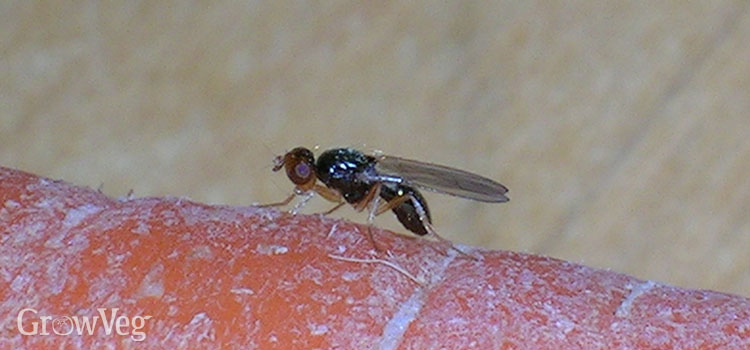
Dill helps to attract beneficial insects, such as ladybugs and hoverflies, which can help to control pests on tomatoes.
Dill helps to repel cucumber beetles, which can be a major pest for cucumbers.
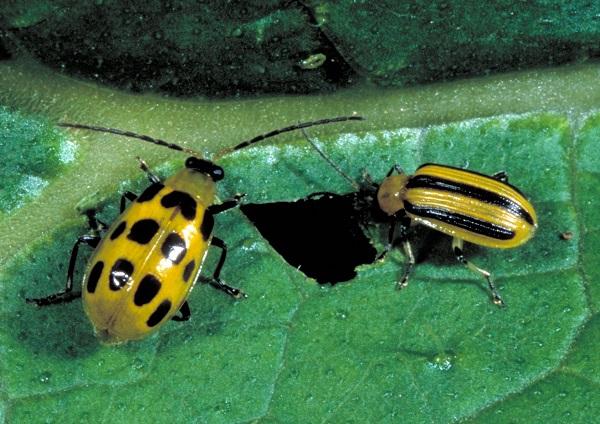
Dill helps to improve the growth of beans by attracting nitrogen-fixing bacteria to the soil.

Dill helps to repel aphids, which can be a major pest for lettuce.

Dill helps to repel root maggots, which can be a major pest for onions.
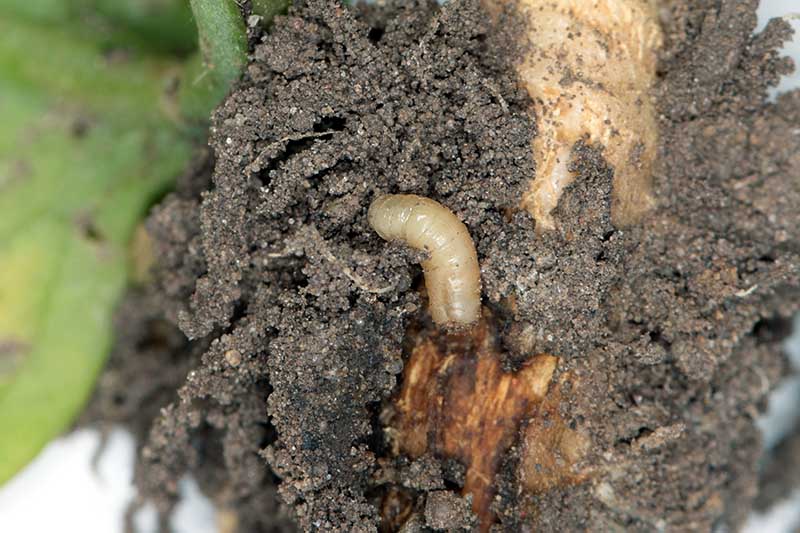
Dill helps to attract beneficial insects, such as ladybugs and hoverflies, which can help to control pests on peppers.
Dill helps to repel slugs, which can be a major pest for strawberries.
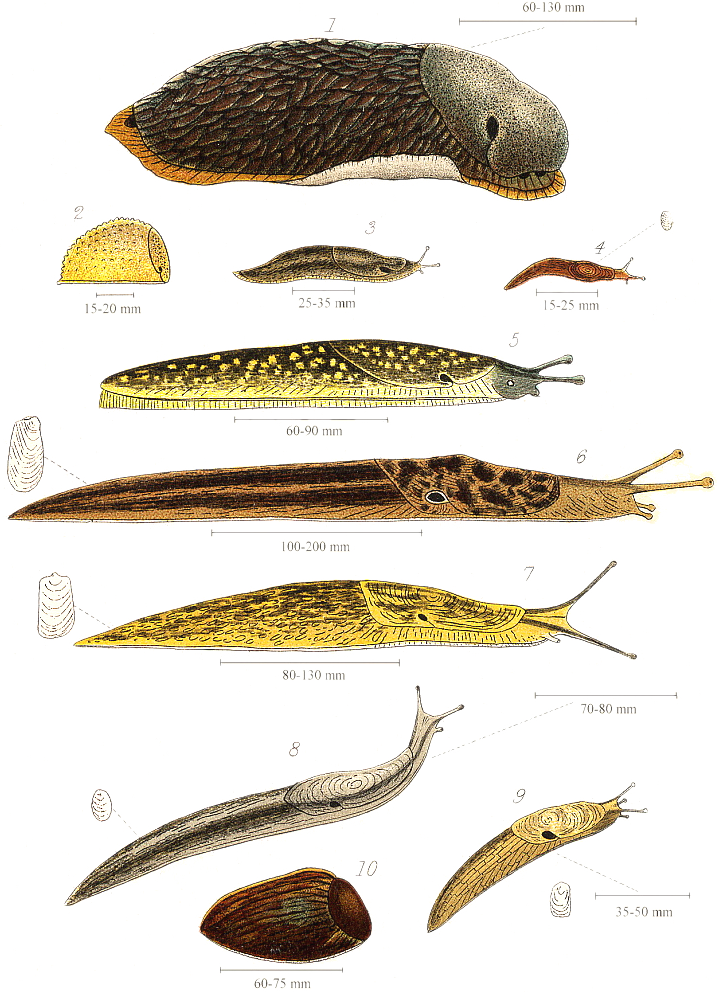
Dill helps to attract beneficial insects, such as ladybugs and hoverflies, which can help to control pests on zucchini.
Dill helps to attract pollinators, such as bees and butterflies, which can help to increase the yield of peas.
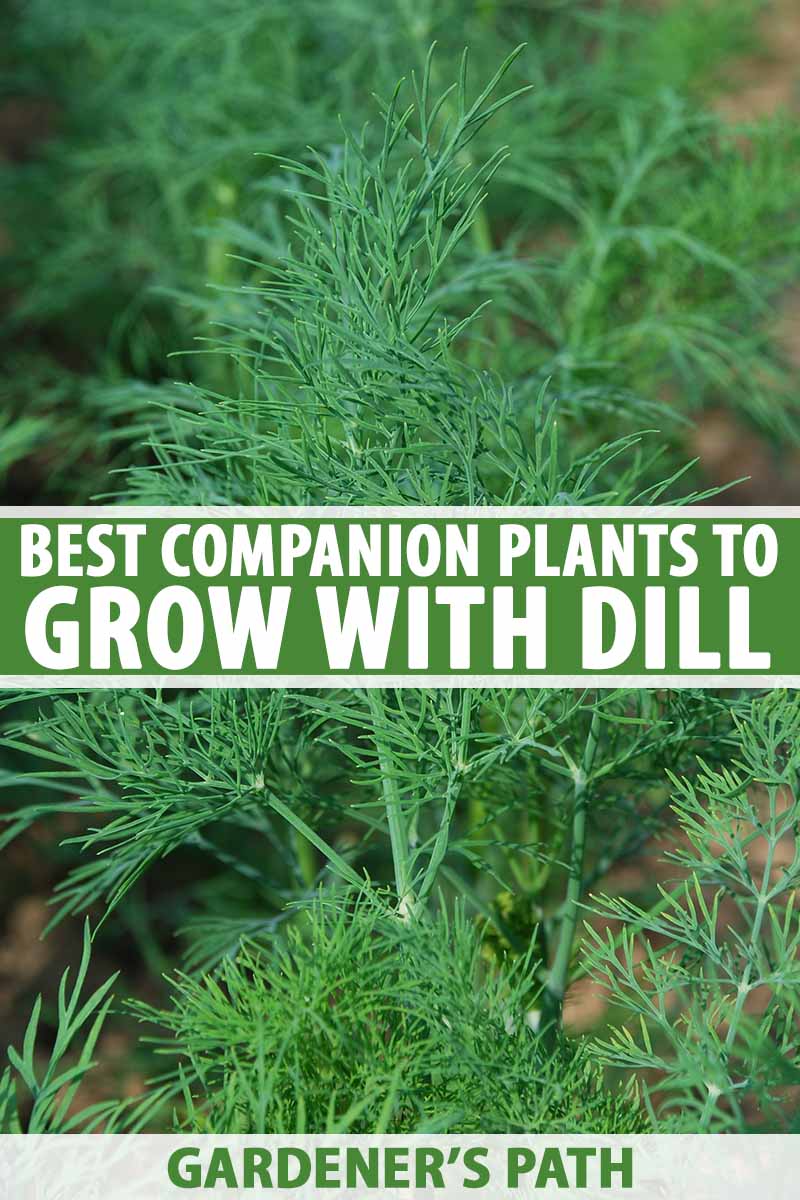

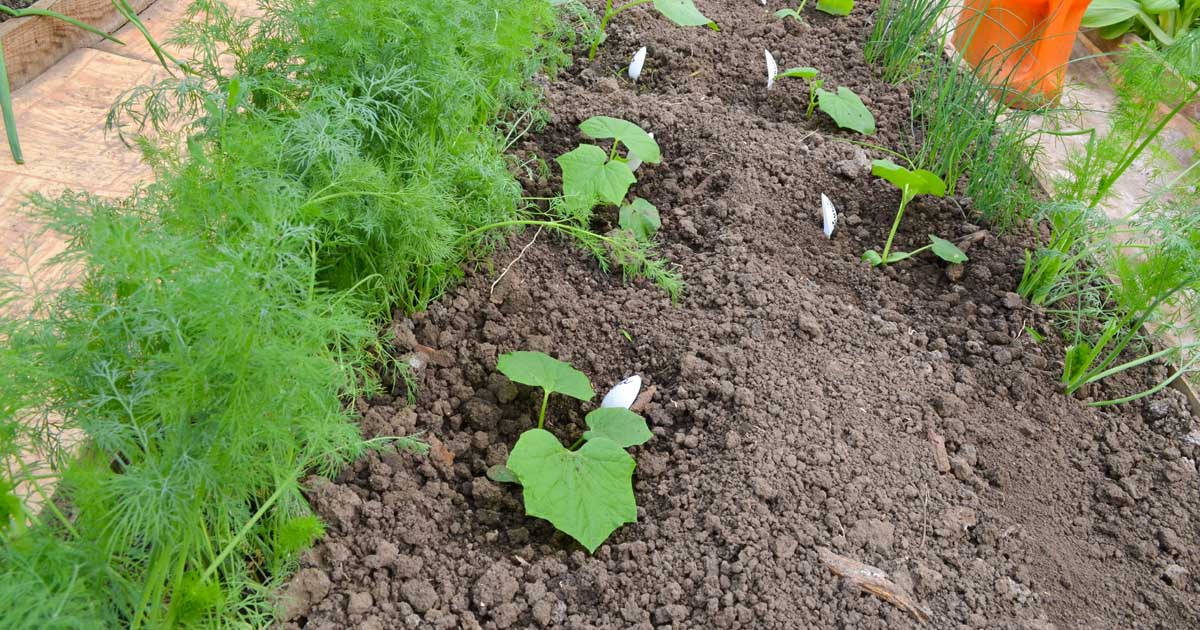

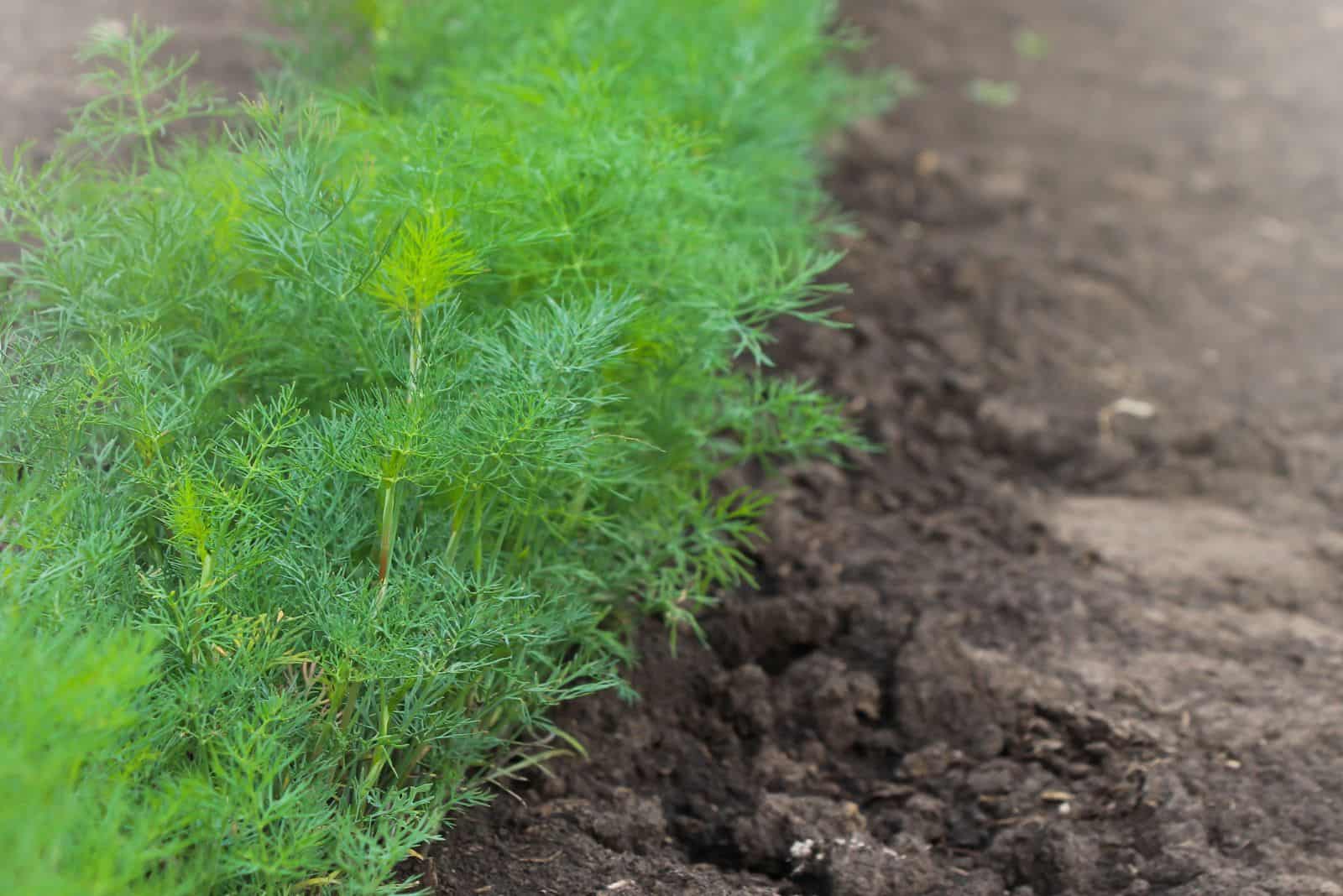

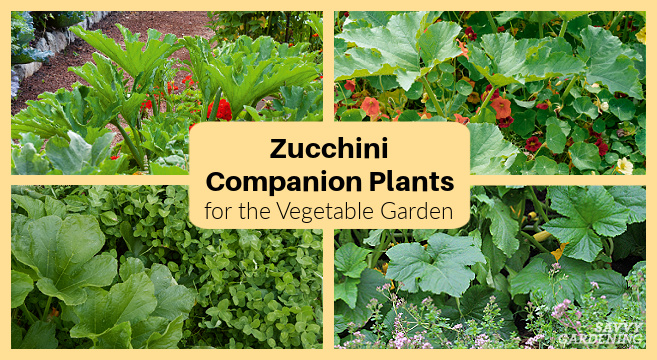
Post a Comment for "Dill And Parsley: The Perfect Companion Planting"